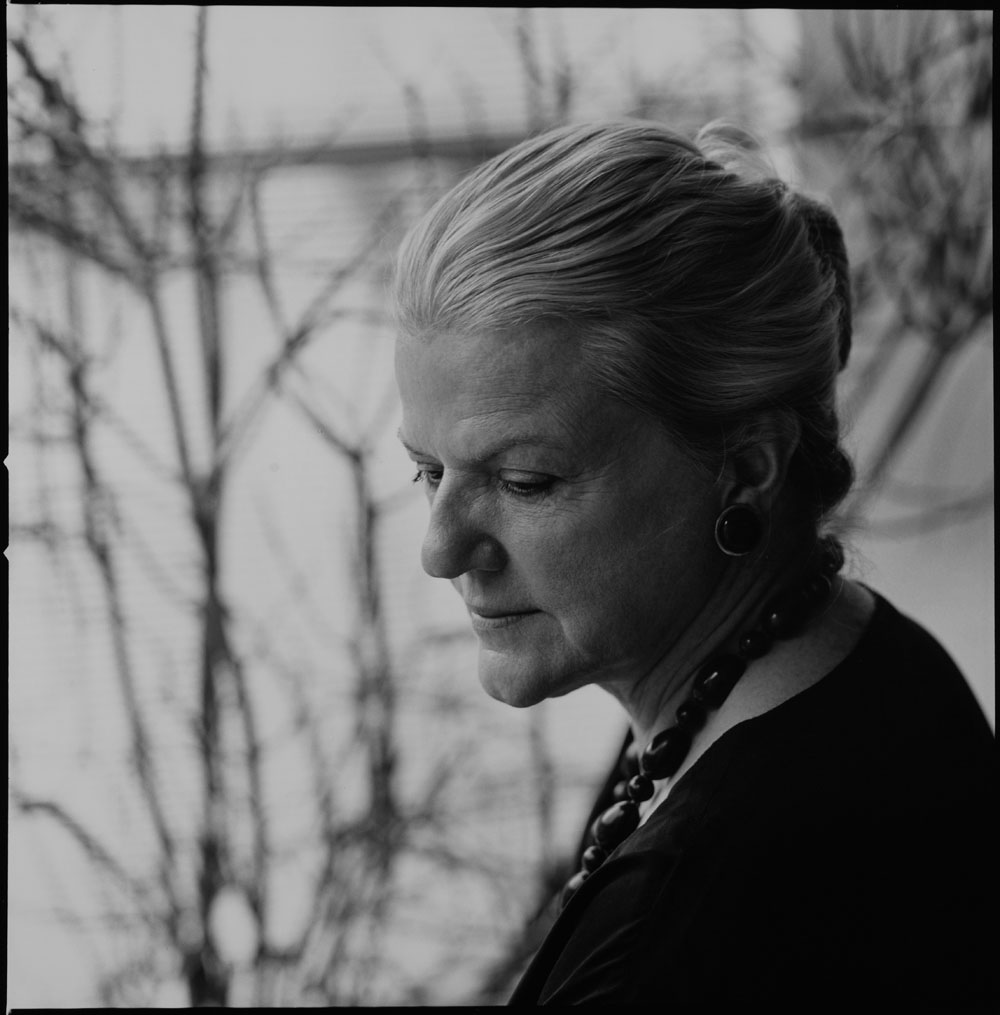Doris Hilda Anderson CC, writer, editor, activist (born 10 November 1921 in Medicine Hat, AB; died 2 March 2007 in Toronto, ON). She was Chatelaine’s editor between 1957 and 1977. Anderson was an important advocate for women. During the constitutional debates of the 1980s (see Patriation of the Constitution), she pushed for women’s rights to be recognized. She also headed the National Action Committee on the Status of Women in 1982–84.

Early Career
Doris Anderson graduated from teachers’ college in 1940. She worked for a few years and then returned to study at the University of Alberta to earn her BA (1945). She worked as a journalist and joined Chatelaine magazine in 1951 in the advertising department. Between 1957 and 1977, she was its editor and recast the magazine as a forum for feminist ideas. In the process, she more than tripled its circulation and made it the most profitable publication in the Maclean-Hunter domain.
Advocacy
Doris Anderson campaigned for a seat in the House of Commons in a 1978 by-election, however she was not successful. In 1979, she accepted a Liberal government appointment and became the president of the Canadian Advisory Council on the Status of Women. At that time, Parliament was preparing changes to the constitution and passing the Charter of Rights and Freedoms. (See Patriation of the Constitution.) Anderson did not believe women's rights were sufficiently supported by the legislation. She became involved in a "Women and the Constitution" conference that was planned by the Advisory Council to discuss the impact of the legislation. Anderson resigned from the council in 1981, charging that the government had intervened improperly to prevent the conference. Her resignation became a catalyst that prompted more than 1,300 women to join the Ad Hoc Conference on the Status of Women. The conference and subsequent lobby campaign resulted in the legislation being amended to include a clause that identified men and women as equal under the law.
Doris Anderson's resignation drew close attention to her concerns about the inadequacies of constitutional provisions concerning the status of women. It also provoked a sharp response from women's organizations across the country. Her advocacy for women continued from 1982 to 1984, when she served as president of the National Action Committee on the Status of Women.
Later Life
During her career, Doris Anderson wrote for the Toronto Star for around 10 years. In 1996, she completed an autobiography titled Rebel Daughter. She also authored several novels including Two Women (1978), Rough Layout (1981), and a critical survey of women's rights titled The Unfinished Revolution: The Status of Women in Twelve Countries (1991).
From 1992 to 1996, Anderson served as chancellor of the University of Prince Edward Island. Anderson served on the Board of Governors at York University. In 2001, the Doris Anderson Ontario Graduate Scholarship in Women's Studies was established at York to recognize her contributions.
Honours
In 1974, Doris Anderson became an Officer of the Order of Canada and in 2002 was promoted to Companion of the Order of Canada. She also won the YWCA’s Woman of Distinction Award in 1983. In 1991, she was awarded the Governor General’s Award in Commemoration of the Persons Case. She also received numerous honorary degrees.

 Share on Facebook
Share on Facebook Share on X
Share on X Share by Email
Share by Email Share on Google Classroom
Share on Google Classroom


